Notable Women in Nursing History
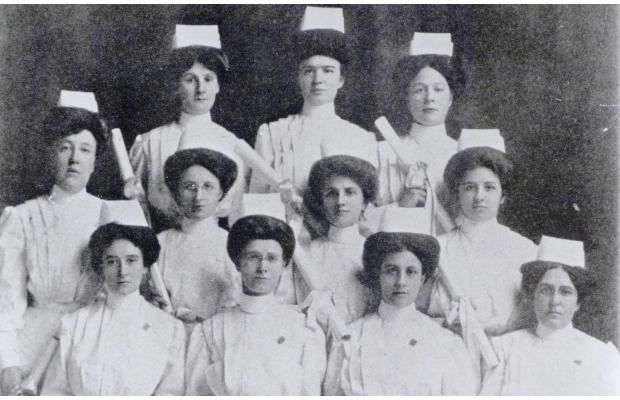
This article will shine a light on some (but far from all) notable women in nursing that accomplished a lot for one lifetime. History is a thing that surrounds us in all facets of life and has heavy implications on us in the modern-day. In 2020, we are living in some pretty remarkable times, with a Pandemic sweeping the world and global unrest against racial injustice. While times like these can be polarizing, it’s important to remember how an individual can make an impact on their world.
This is for those nurses facing down the Pandemic and to remind them that we’re all capable of great things.
Florence Nightingale
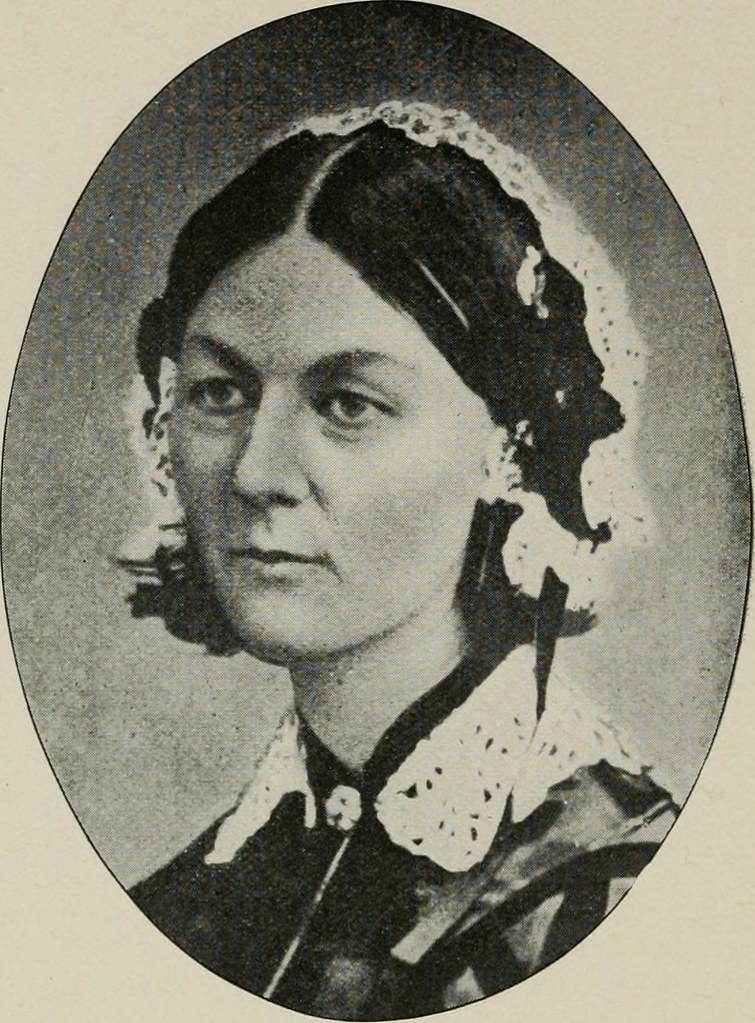
Of course, no article on notable women in nursing could go without mentioning Florence Nightingale. She was born to an affluent family in Italy and soon gave it all up to pursue her passions as a nurse. Nightingale had already established herself as a capable nurse during her stint as a superintendent. This would transcend to something more in the Crimean War.
Upon her arrival in Crimea, she witnessed horrid sanitary conditions at the combat hospitals. The sight of these soldiers in such a foul state spurred her into action. From this point on, Nightingale would no longer be just a nurse, she would be “The Lady with the Lamp”. Her contributions in the war were not the end for her though. She went on to advocate for and impose change on hygiene standards that she implemented in the War. She also created the profession of nursing and fought for the respect given to the position and women in it today. Florence Nightingale truly embodies what it is to be a nurse, and I highly recommend her “Notes on Nursing” to get insight into her thoughts on the topic.
Mary Eliza Mahoney
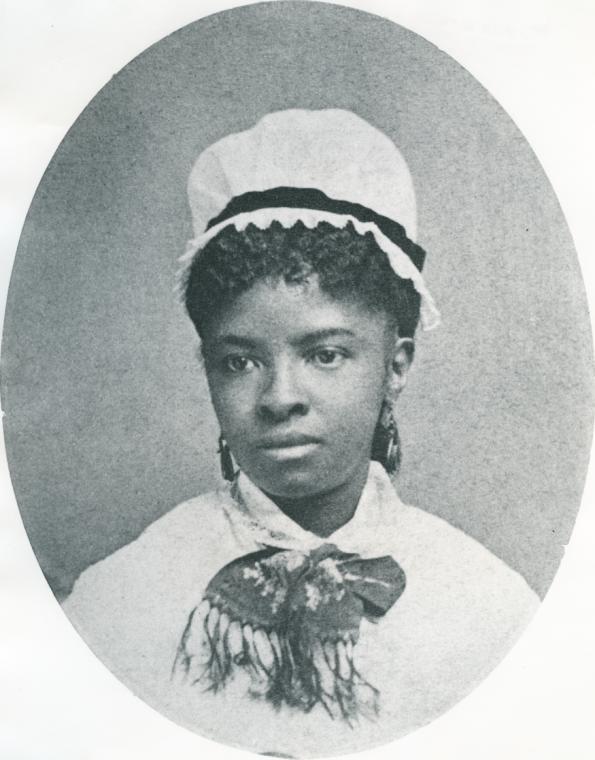
Mary Eliza Mahoney was a stalwart example of resilience to racial discrimination. She was the first African-American woman to challenge the racial barriers in the nursing field at the time. Mahoney wanted to become a nurse early in her life. This led her to work at the New England Hospital for Women and Children as a teen. The experiences she gained there would be invaluable to her later career as a private nurse and social activist.
Once she finished her education, Mahoney was faced with various racial barriers that prevented her from entering the public nursing field. In response to this, she worked privately as a nurse and fought against discrimination through this. Mary Eliza Mahoney would go on to continue breaking down barriers throughout her career. She was even able to join the predominantly white NAAUSC, which is now known as the American Nurses Association. Mahoney also co-founded the National Association of Colored Graduate Nurses (NACGN). To learn more about her amazing career and life, you should check out this book on the legacy of African-American women in nursing.
Margaret Sanger
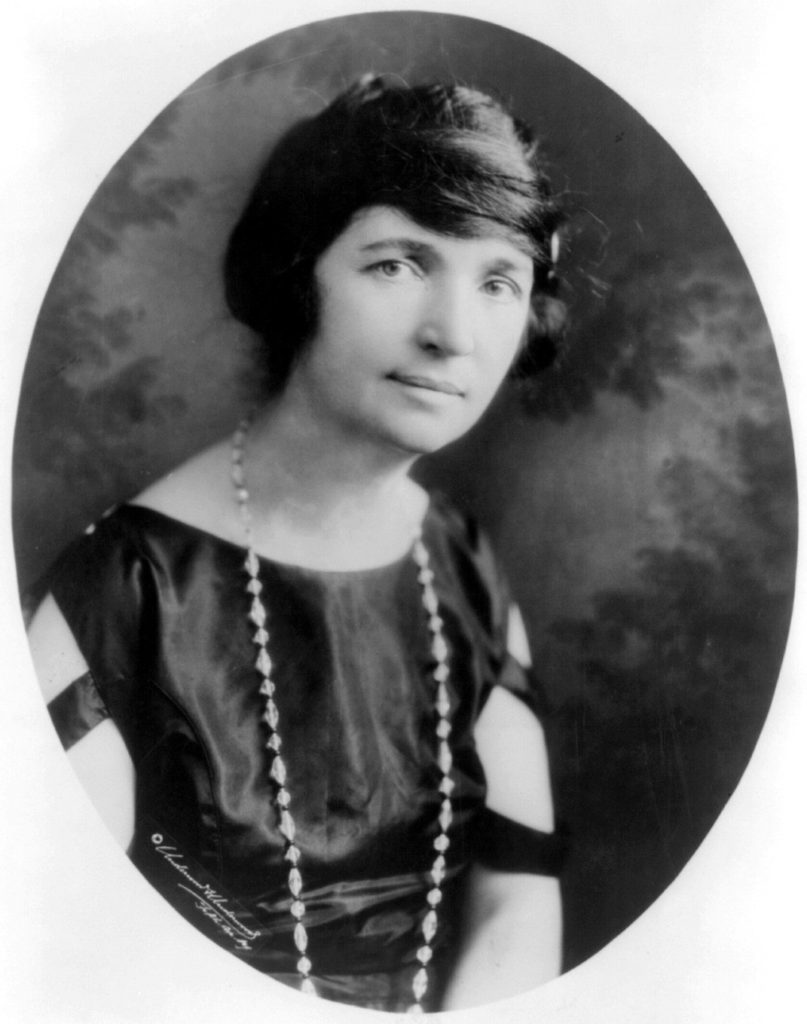
Margaret Sanger advocated for birth control and women’s rights in America during the 19th and 20th centuries. Sanger began her career as a nurse and soon took to politics by involving herself with various progressive activist groups. Her passion for birth control was heavily influenced by her mother Anne, who died after complications from 18 pregnancies. Being a progressive woman in the 1900s, Margaret found herself in legal trouble a couple of times. The first was after breaking the Comstock Laws through her feminist publication The Woman Rebel. The second and final arrest would be only 2 years later, after opening the first birth control clinic in New York.
Despite these setbacks, Margaret would use a legal loophole to open a birth control clinic in 1923, staffed fully by women. This clinic would eventually evolve into Planned Parenthood by 1951. Sanger would continue her life with the founding of several committees and more publications on birth control rights. Margaret Sanger is quite a controversial figure with dealings of eugenics amongst other things. I think anyone should read up on her and a great place to start would be with A Life of Passion.
Dorothea Dix
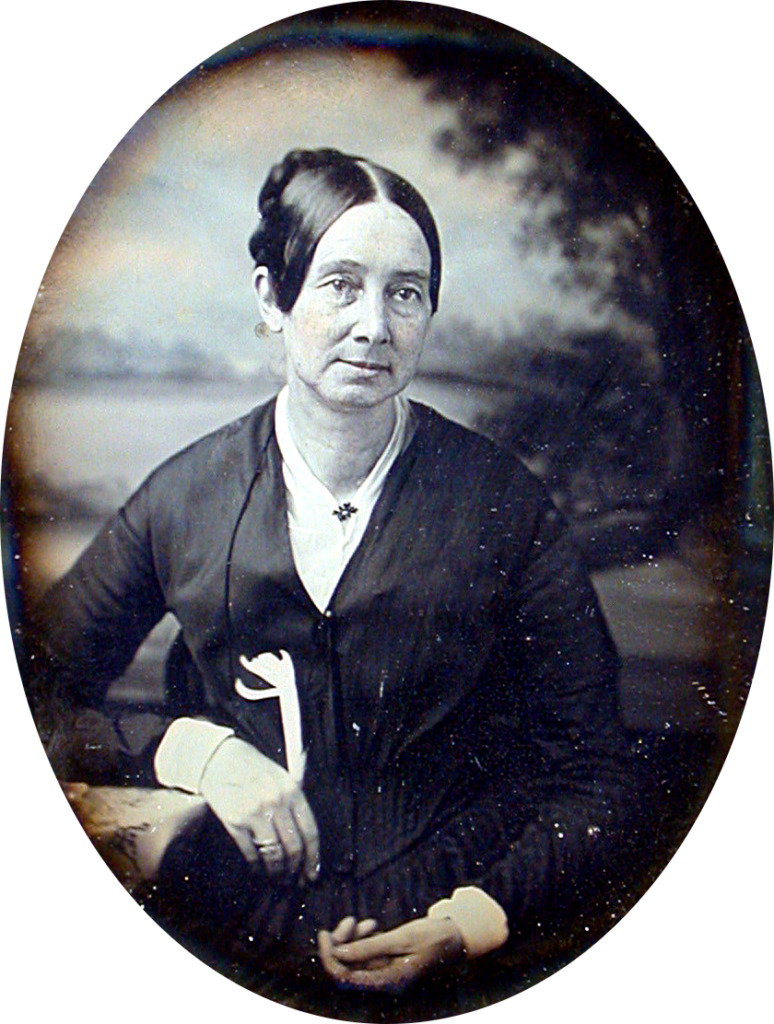
Dorothea Dix is known primarily as the pioneer for American mental health reform. Born near the dawn of the 19th age, Dorothea found herself in a peculiar spot of America’s history. Dorothea suffered from illness thorough much of her life, but this did not prevent her from accomplishing great things. Soon after returning to America from a European trip, she began campaigning to tour mental health hospitals. What she found were horrible conditions akin to torture for these people. This led to her writing “Memorial” and campaigning for legislation reform. Her documentation on the conditions of the mentally ill left a lasting impression on the healthcare industry.
She met a lot of pushback from politicians at the time but was slowly able to push meaningful change through. A major one being the opening of 3 asylums in New Jersey, North Carolina, and Illinois. Beyond her career in mental health, Dorothea also played a role in the American Civil War. She dedicated her life fully to the Union cause and supporting the nurses in it. Dix can be credited for advancing the standards for women in nursing through her strict standards during the war. No doubt that this is a woman deserving of being remembered.
I would love to hear what you think about these women, or any others that you’re a fan of in the comments!
Share on Facebook Share on Twitter Share on Pinterest
0 Comments on "Notable Women in Nursing History"